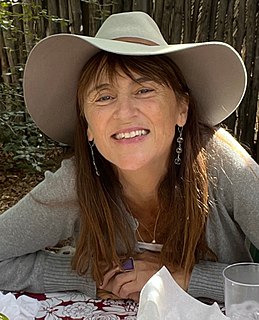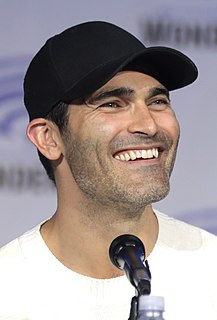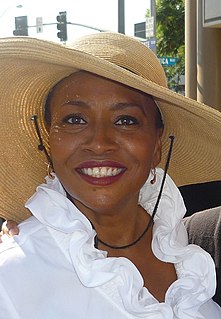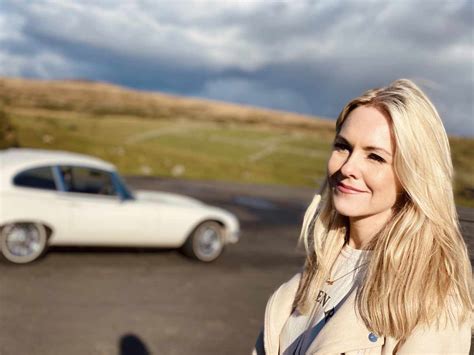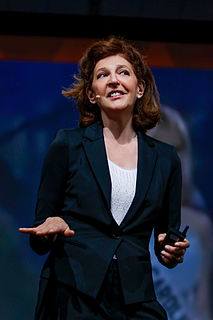A Quote by Jen Sincero
Pay attention to how you think and speak, and if it turns out that you're sounding snide or crappy or doubtful, make the conscious decision to change.
Related Quotes
The point is that petty, frustrating crap like this is exactly where the work of choosing comes in. Because the traffic jams and crowded aisles and long checkout lines give me time to think, and if I don't make a conscious decision about how to think and what to pay attention to, I'm going to be pissed and miserable every time I have to food-shop, because my natural default-setting is the certainty that situations like this are really all about me, about my hungriness and my fatigue and my desire to just get home.
From the simplest lyric to the most complex novel and densest drama, literature is asking us to pay attention. Pay attention to the frog. Pay attention to the west wind. Pay attention to the boy on the raft, the lady in the tower, the old man on the train. In sum, pay attention to the world and all that dwells therein and thereby learn at last to pay attention to yourself and all that dwells therein.
Whether for company or isolation or just to make it a pleasurable experience, I have music in my ears all the time. I tend to listen to the same things, so I don't really pay too much attention to it. But it's there, and it's nice, and I do pay more attention to it than I probably should. I think, 'How can I use this music in something?'
Pay attention to how your thoughts change when you're faced with negative people. The more time you spend dreading, fretting, worrying, and rehashing, the less time you'll have to devote to more productive things. Make a conscious effort to reduce the amount of mental energy you expend on negative people.
Learning how to think really means learning how to exercise some control over how and what you think. It means being conscious and aware enough to choose what you pay attention to and to choose how you construct meaning from experience. Because if you cannot or will not exercise this kind of choice in adult life, you will be totally hosed.
Pay attention to your friends; pay attention to that cousin that jumps up on the picnic table at the family reunion and goes a little too 'nutty,' you know what I mean? Pay attention to that aunt that's down in the basement that never comes upstairs. We have to pay attention to our friends, pay attention to your family, and offer a hand.
I don't pay much attention to how the plays relate thematically to each other. I think that's very dangerous to do, because in the theater one is self-conscious enough without planning ahead or wondering about the thematic relation from one play to the next. One hopes that one is developing, and writing interestingly, and that's where it should end, I think.
